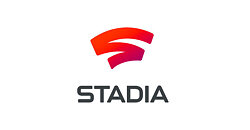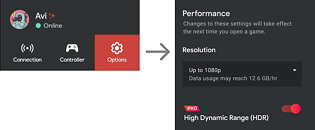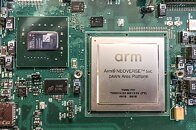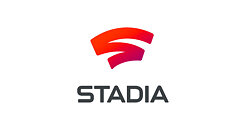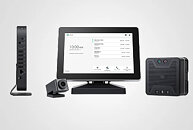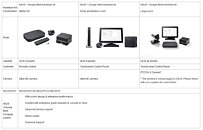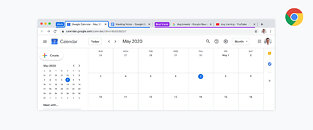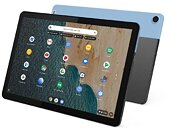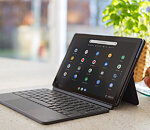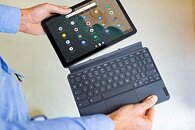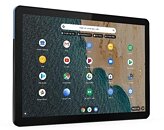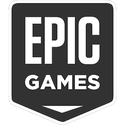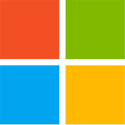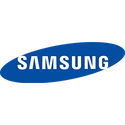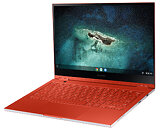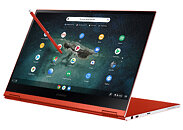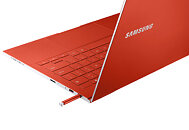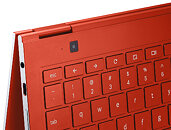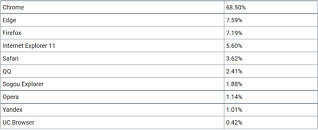
Advanced Security Features of AMD EPYC Processors Enable New Google Cloud Confidential Computing Portfolio
AMD and Google Cloud today announced the beta availability of Confidential Virtual Machines (VMs) for Google Compute Engine powered by 2nd Gen AMD EPYC processors, taking advantage of the processors' advanced security features. The first product in the Google Cloud Confidential Computing portfolio, Confidential VMs, enables customers for the first time to encrypt data in-use while it is being processed and not just when at rest and in-transit. Based on the N2D family of VMs for Google Compute Engine, Confidential VMs provide customers high performance processing for the most demanding computational tasks and enable encryption for even the most sensitive data in the cloud while it is being processed.
"At Google Cloud, we believe the future of cloud computing will increasingly shift to private, encrypted services where users can be confident that the confidentiality of their data is always under their control. To help customers in making that transition, we've created Confidential VMs, the first product in our Google Cloud Confidential Computing portfolio," said Vint Cerf, vice president and chief internet evangelist, Google. "By using advanced security technology in the AMD EPYC processors, we've created a breakthrough technology that allows customers to encrypt their data in the cloud while it's being processed and unlock computing scenarios that had previously not been possible."
"At Google Cloud, we believe the future of cloud computing will increasingly shift to private, encrypted services where users can be confident that the confidentiality of their data is always under their control. To help customers in making that transition, we've created Confidential VMs, the first product in our Google Cloud Confidential Computing portfolio," said Vint Cerf, vice president and chief internet evangelist, Google. "By using advanced security technology in the AMD EPYC processors, we've created a breakthrough technology that allows customers to encrypt their data in the cloud while it's being processed and unlock computing scenarios that had previously not been possible."






